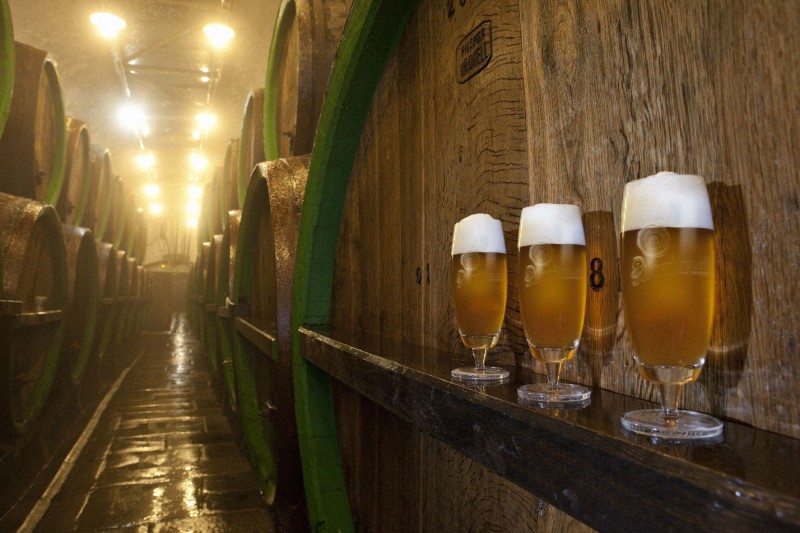Dan Pratt
Well-Known Member
- Joined
- 28/1/10
- Messages
- 3,279
- Reaction score
- 1,274
When I moved to water chem for my beers I noticed a solid leap in better beers.  Mainly the pH being targeted for the style I was making which made the final beers taste better.
Mainly the pH being targeted for the style I was making which made the final beers taste better.
These days Im using rain water and adding back to get target ppm for desired styles.
Usually any ales less than 5% will get moderate sulphate to 175ppm, bigger ales will be full 300ppm for burtonized water.
Lagers are pretty much rain water with some acidulated malt or lactic to get bang on 5.2pH for that crisp finish.
Any darker beers like porter or stout i try and get the hardness around 150-200ppm which has been better than using soft tap water.
Over this past month my beers are taking a NE IPA style approach with Chloride forward Hoppy ales tro 150ppm plus using 15-20% Oats ( No fining or gelatin ) These are stupidly hopped up with close to 8g per litre dry hopped plus the late kettle hops...results are pending and after yrs of sulphate forward for hoppy styles its new territory.
:beerbang:
These days Im using rain water and adding back to get target ppm for desired styles.
Usually any ales less than 5% will get moderate sulphate to 175ppm, bigger ales will be full 300ppm for burtonized water.
Lagers are pretty much rain water with some acidulated malt or lactic to get bang on 5.2pH for that crisp finish.
Any darker beers like porter or stout i try and get the hardness around 150-200ppm which has been better than using soft tap water.
Over this past month my beers are taking a NE IPA style approach with Chloride forward Hoppy ales tro 150ppm plus using 15-20% Oats ( No fining or gelatin ) These are stupidly hopped up with close to 8g per litre dry hopped plus the late kettle hops...results are pending and after yrs of sulphate forward for hoppy styles its new territory.
:beerbang:





